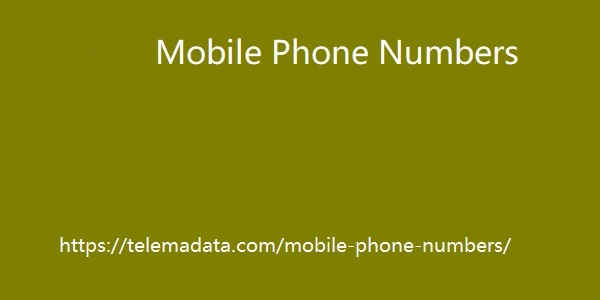All About 877 Phone Numbers: Toll-Free Convenience
The 877 prefix you see in phone numbers isn’t a standard area code like those assigned to specific geographic locations. Instead, it signifies a toll-free number, meaning the receiver of the call, typically a business or organization, foots the bill, not the caller. Let’s delve deeper into the world of 877 phone numbers and explore their benefits, uses, and potential red flags.
Understanding Toll-Free Numbers:
The North American Numbering Plan (NANP) administers phone numbers across the United States, Canada, and some Caribbean and Atlantic territories. Recognizing the need for customer-friendly communication channels, the NANP introduced toll-free service in the 1960s. 877, along with other prefixes like 800 and 888, became designated for toll-free calls, allowing businesses to create a national presence without requiring customers to worry about long-distance charges.
Benefits of 877 Numbers for Businesses:
Increased Customer Contact: By eliminating call costs for potential and existing customers, 877 numbers encourage more inquiries and interactions. This can lead to higher sales, improved customer service experiences, and stronger brand loyalty.
Professional Image: Toll-free numbers project Egypt Phone Numbers a sense of legitimacy and established presence, particularly for businesses operating nationwide.
Memorable and Easy to Reach: 877 numbers are often easier to remember compared to local phone numbers. This convenience translates to a more accessible customer service experience.
Scalability and Flexibility: 877 numbers can be routed to various locations or call centers, ensuring calls are directed to the appropriate personnel regardless of the business’s physical footprint.
Data Tracking and Analytics: Many toll-free service providers offer features that track call volume, origin, and duration. This valuable data helps businesses understand customer behavior and optimize their communication strategies.

Common Uses of 877 Numbers:
Customer Service Hotlines: Businesses widely utilize 877 numbers for customer service inquiries, technical support, or order placement.
Sales Inquiries: Toll-free numbers are ideal for sales teams to connect with potential customers and answer product or service-related questions.
Marketing Campaigns: Businesses can leverage 877 numbers in marketing campaigns to encourage potential customers to reach out for consultations, quotes, or free trials.
Identifying Potential Scams:
While 877 numbers are generally legitimate, it’s Brazil Phone Number List crucial to be cautious, especially when receiving unsolicited calls. Here are some red flags to watch out for:
High-Pressure Sales Tactics: Be wary of calls pressuring you into immediate purchases or financial commitments.
Requests for Personal Information: Legitimate businesses typically won’t request sensitive information like social security numbers or bank details over the phone, especially during the initial contact.
Suspicious Offers: If an offer sounds too good to be true, it probably is. Be skeptical of promises of excessive financial gains or prizes requiring upfront fees.
If you’re unsure about the legitimacy of a call, it’s always best to err on the side of caution. You can research the company online or politely decline to provide any personal information and end the call.
In Conclusion:
877 phone numbers offer a convenient and cost-effective way for businesses to connect with their audiences. By understanding the advantages and potential drawbacks, you can leverage the power of toll-free communication for a smoother customer experience or identify and avoid scams. Remember, a little vigilance goes a long way in protecting yourself and your information.
